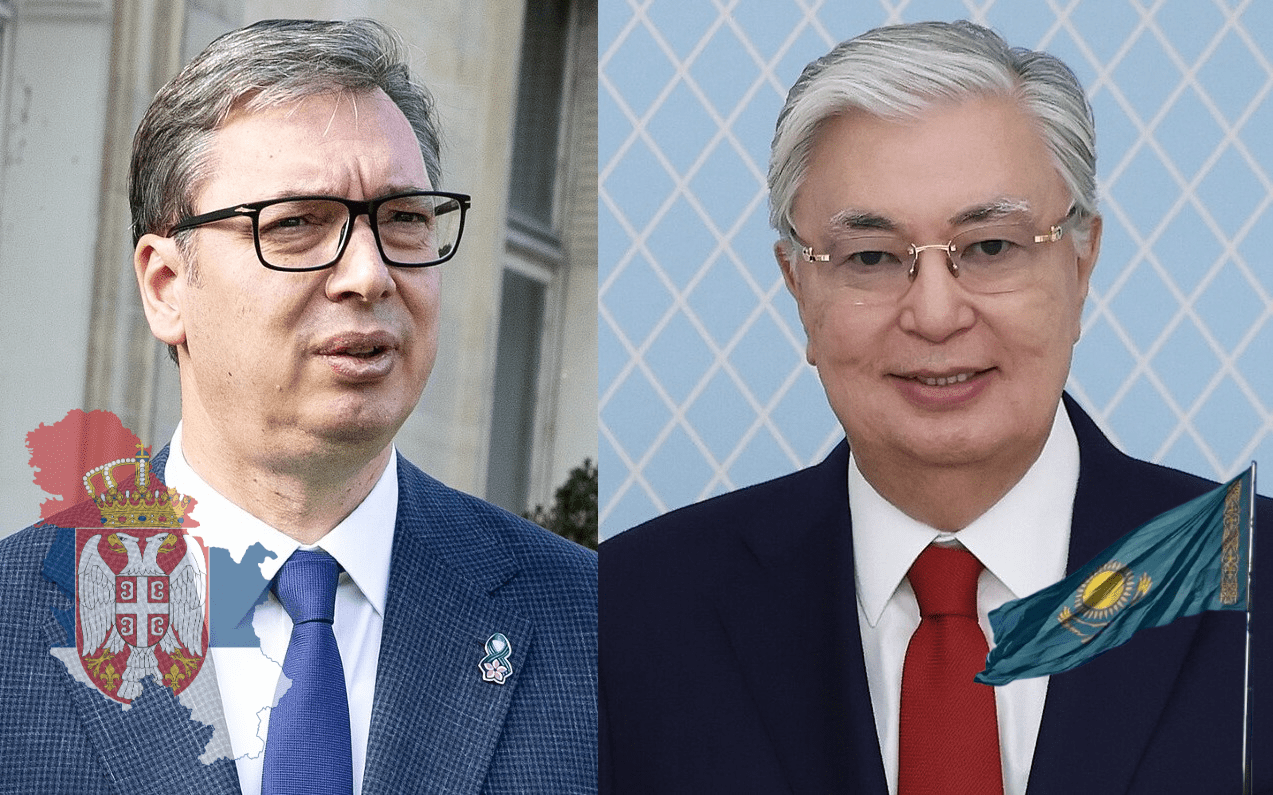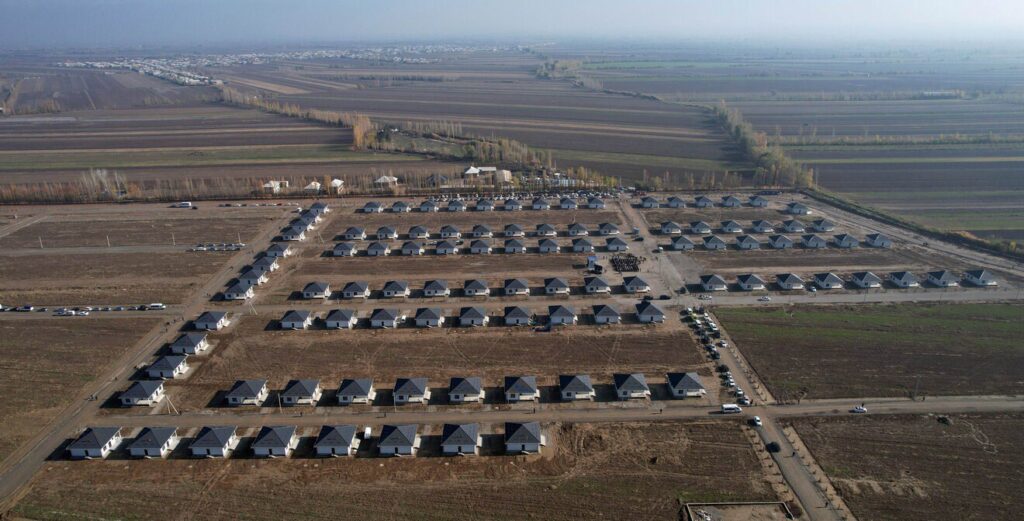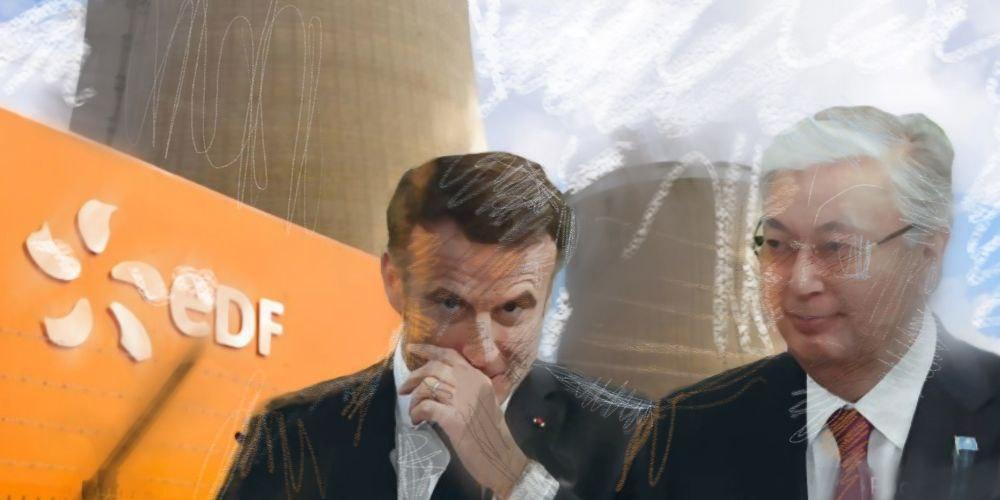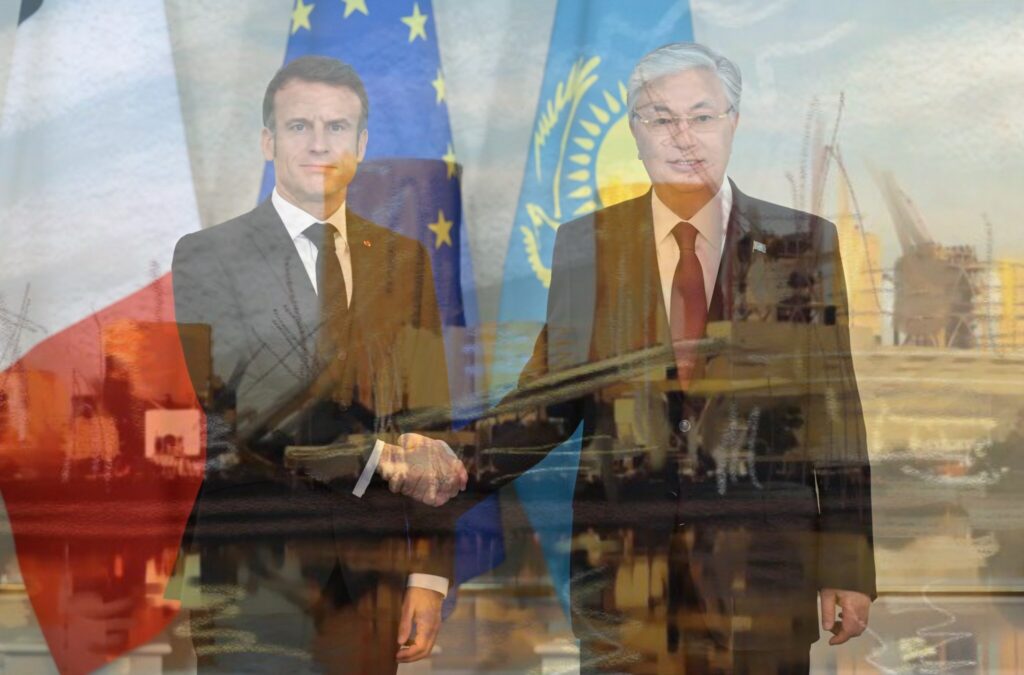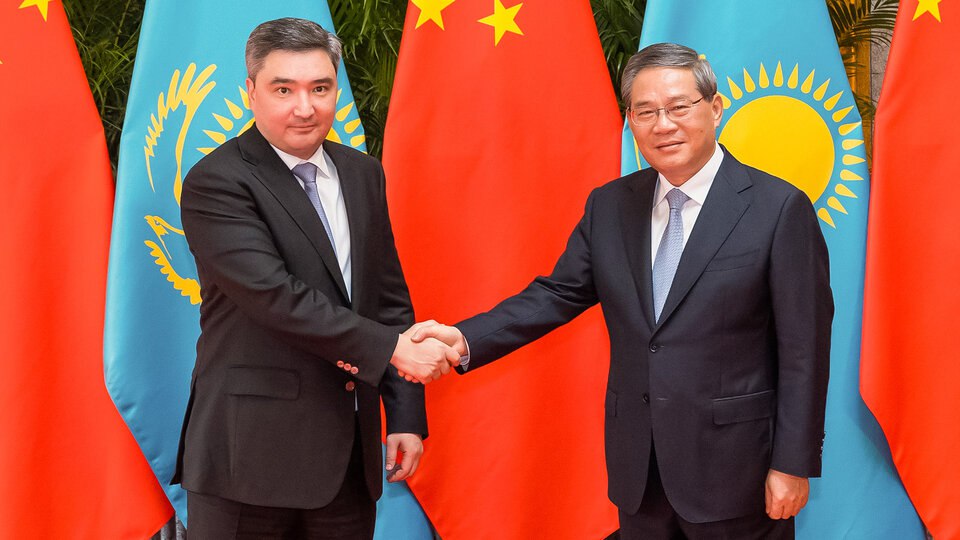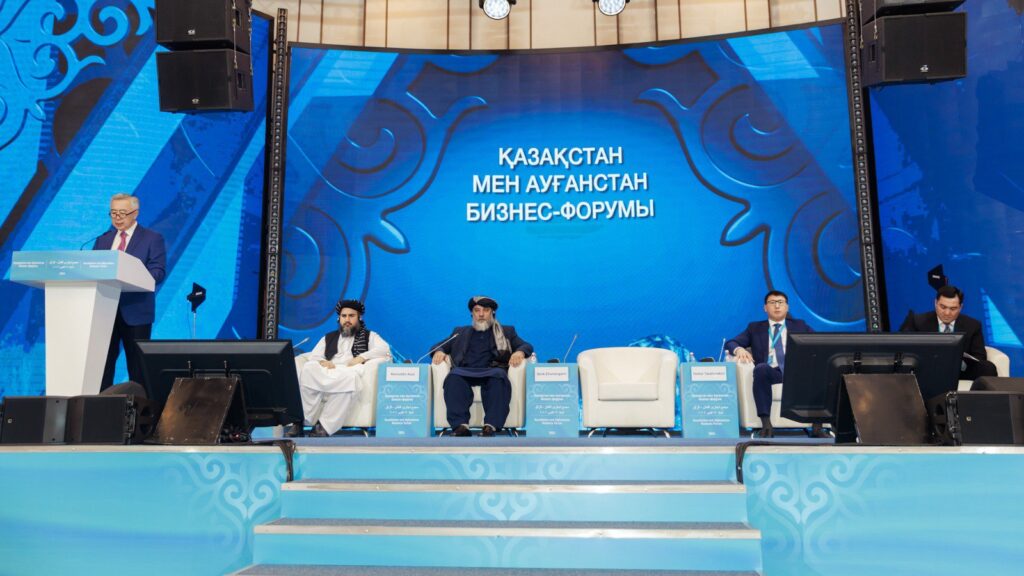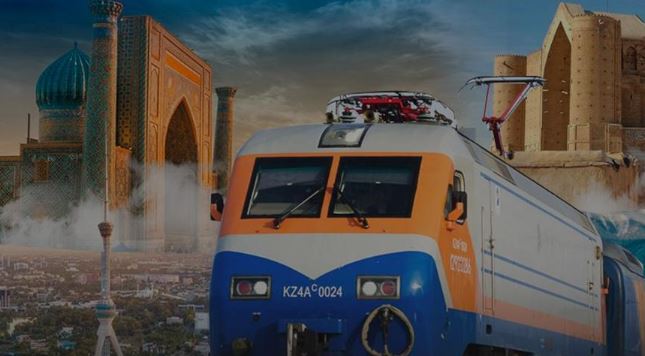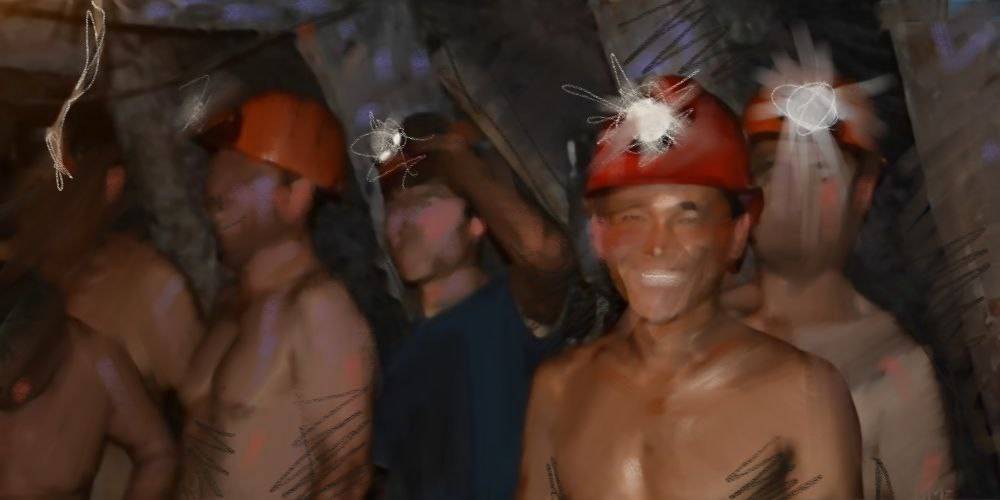Serbian President Vucic (54) might physically resemble Kazakh leader Kassym-Jomart Tokayev (71), but the geopolitical positions of Sebia and Kazakhstan could not be more different. While the Balkan nation – a European Union candidate since 2012 – remains in the EU’s “eternal waiting room”, the Central Asian country – a member of the Russian-led Eurasian Economic Union – seems to have found a delicate balance between Russia, China, and the West.
Those differences, however, have not prevented Serbia and Kazakhstan from strengthening their bilateral ties. Over the past six months, the two countries have been actively preparing for Tokayev’s trip to Serbia. This year, he spoke by phone with Vucic twice, while various Serbian and Kazakh officials held several meetings. On November 18-19, Tokayev finally visited the Southeastern European nation, where he met with his Serbian counterpart.
According to the Kazakh leader, they discussed strengthening trade and economic relations and bilateral partnerships between the two nations.
“It is essential that we develop cooperation. We had constructive talks and reached important deals,” Tokayev stressed.
During his visit to the Balkan country, Serbian and Kazakh ministers signed several bilateral agreements. One of them is a 2025 plan on military cooperation. It is, therefore, no surprise that, following the talks in Belgrade, Vucic and Tokayev attended an exhibition of arms and military equipment at the Batajnica military airport near the Serbian capital.
Indeed, military ties seem to be an important aspect of the Serbian-Kazakh relationship. Back in 2017, the two nations signed a memorandum of understanding in the field of military-technical collaboration. Six years later, in November 2023, Kazakhstan and Serbia inked intergovernmental agreements on military-technical cooperation, while in June of this year Serbian and Kazakh defense ministers discussed in Astana military relations between the two countries. Also, in September, Roman Vassilenko, Kazakhstan’s Deputy Foreign Minister, announced that Belgrade and Astana plan то expand cooperation in the defense industry.
It remains to be seen how Moscow – Astana’s nominal ally in the Collective Security Treaty Organization (CSTO) – will react to Kazakhstan’s ambitions to deepen military ties with Serbia – a nominally neutral country that has indirectly supplied Ukraine with $885 million worth of weapons.
Despite being in different geopolitical positions, Serbia and Kazakhstan seem to share the same approach regarding Ukraine. Both nations support the Eastern European country’s territorial integrity, while trying to preserve relatively good relations with the Kremlin. At the same time, they support each other’s territorial integrity, which is particularly important for Serbia given that Kazakhstan does not recognize the 2008 unilateral independence of Kosovo.
In 2022, sitting next to Russian President Vladimir Putin, Tokayev said that if the right to self-determination is put into practice worldwide, then there will be over 600 countries instead of the 193 states which are currently members of the United Nations.
“For this reason, we do not recognize either Taiwan, or Kosovo, or South Ossetia, or Abkhazia… This principle will also be applied to quasi-state territories, which, in our opinion, are Lugansk and Donetsk,” Kazakhstan’s leader stressed.
Such a position allows Astana to strengthen political, military, and also economic ties with Belgrade, which considers Kosovo to be part of Serbia. According to Murat Karimsakov, the chairman of the board of the Chamber of International Commerce of Kazakhstan, the trade balance between the two nations increased by 23% last year compared to 2022, reaching $91 million. In his view, the fact that 36 Serbian companies are currently operating in Kazakhstan shows a “growing interest of Serbian investors” in the former Soviet republic.
Just days before Tokayev’s trip to the Balkan state, a Kazakhstan-Serbia business forum was held in the Serbian capital, providing a platform to explore economic cooperation opportunities between the two countries. Previously, in September, the two nations held their 3rd meeting of the Kazakh-Serbian intergovernmental commission, where Kazakhstan announced plans to increase its non-resource goods supplies to Serbia by over $500 million.
Serbia remains a key trading partner for Kazakhstan in Southeastern Europe, while for Belgrade, Astana is its main partner in Central Asia. That is why the Serbian authorities are hoping to launch direct flights between Belgrade and Astana, or Almaty. They announced their ambitions back in 2016, but as of now no air link has been established.
In spite of that, Belgrade and Astana are expected to continue strengthening economic ties. Although their economic structures are rather different – with the Serbian economy being mainly based on foreign capital-supported manufacturing and exports, while Kazakhstan remains highly dependent on shipments of oil and related products – the West seems to view both countries as an important resource bases.
In Serbia, the European Union is eyeing lithium – a mineral that plays a critical role in the green energy transition – while in Kazakhstan it seeks not only oil, gas, coal and uranium, but also a range of critical raw materials.
“Kazakhstan, in addition to being rich in natural resources, plays a significant strategic role because it is located on one of the most important logistics routes of the next century, along the China-Europe corridor,” Mihailo Vesovic, Director of the Sector for Strategic Analysis, Services, and Internationalization of the Chamber of Commerce and Industry of Serbia, said on November 12.
But will Serbia, preoccupied with its own internal issues, be able to capitalize on Kazakhstan’s strategic position and fully benefit from its cooperation with Astana?
